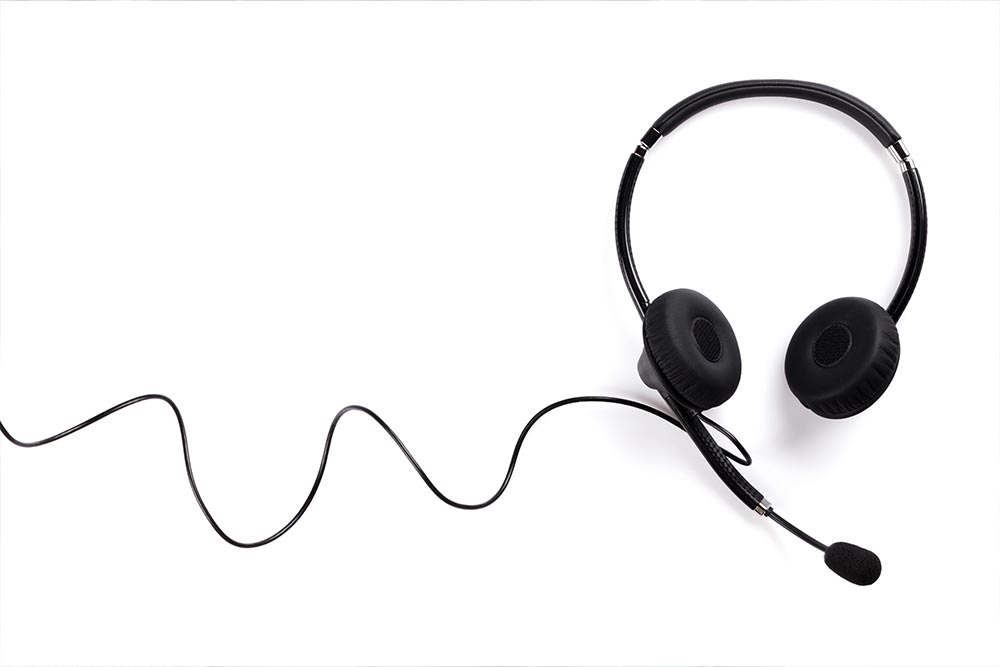
Answering the Call
I never anticipated that accepting a job answering the phone at an orthopedic clinic would change the trajectory of my life
but it’s truly the reason I am now in nursing school.
In 2020, I’d moved home to be closer to my sick mother. It was the early, terrifying days of COVID-19, and I’d accepted the first job I could find—as a front-of-office receptionist—in a moment when jobs were hard to come by. Triaging roughly 200 phone calls a day might sound tedious to most, but I learned so much more than I anticipated, much of which makes me a better nurse. Dealing with people with clinical concerns taught me empathy, patience, forgiveness, and, maybe most importantly, how not to take things personally. I talked to patients on some of the toughest days of their lives; if they were short or rude, that was more a reflection of their anxiety about their diagnosis, not who they really were. On the line with them, I felt a swell of advocacy as I phone-cared for these people who were scared, in pain, and frustrated with the healthcare system.
One man who’d had a total knee replacement surgery cancelled after being on a waiting list for months growled at me, upset that he’d remain in debilitating pain with no foreseeable end in sight. Through his harshness and frustration, I learned he was self-employed, but that his business was struggling because he was in too much pain to work. Bills were piling up. I did everything I could to get him rescheduled.
Then there was the wife of a patient who called in crying so hard that she could barely speak. After she’d collected herself, I learned her husband, who had just had surgery to repair a fractured femur, had dramatically declined, both physically and mentally, and she was struggling to care for him alone. She told me she barely recognized him anymore, and said she felt embarrassed at being so completely overwhelmed. I told her she was brave, sent a message to her physician, and connected her with resources.
We learn in nursing school that effective communication is key to good healthcare. Strong communication, though, isn’t solely between patients and providers but also among those of us who are also critically behind the scenes: receptionists, dieticians, housekeeping staff, nurses’ aides. Often, patients and their loved ones just need someone to talk to who will listen. I wasn’t just answering phone calls; I was helping ensure that each person on the other end of the phone line felt heard, valued, cared about.
Sometimes clarity comes unexpectedly. My receptionist’s job ignited my passion for patient advocacy and care and inspired me to apply to nursing school. It taught me essential communication and problem-solving skills that I’ve used throughout my clinical rotations and will take with me once I graduate. It was truly the lynchpin that helped me discover a path I’d never imagined I’d seek. Along with nursing school, it’s preparing me to be a compassionate and empathetic nurse ready to help people through the most challenging days of their lives, whether I tend them from the phoneline or at the bedside.

Lauren is a Clinical Nurse Leader master's student originally from Staunton, VA, whose first degree is in health services administration from JMU. After graduating in 2025, she hopes to be an emergency department nurse. Learn more about UVA's top-ranked CNL master's program.

